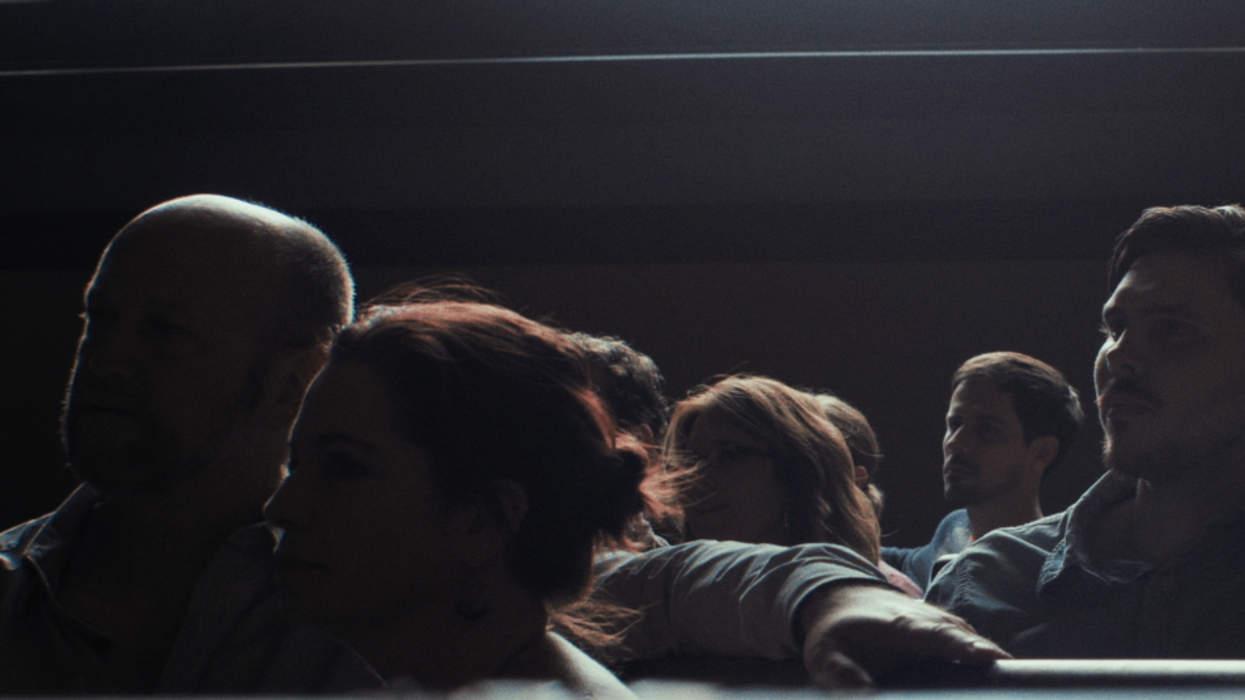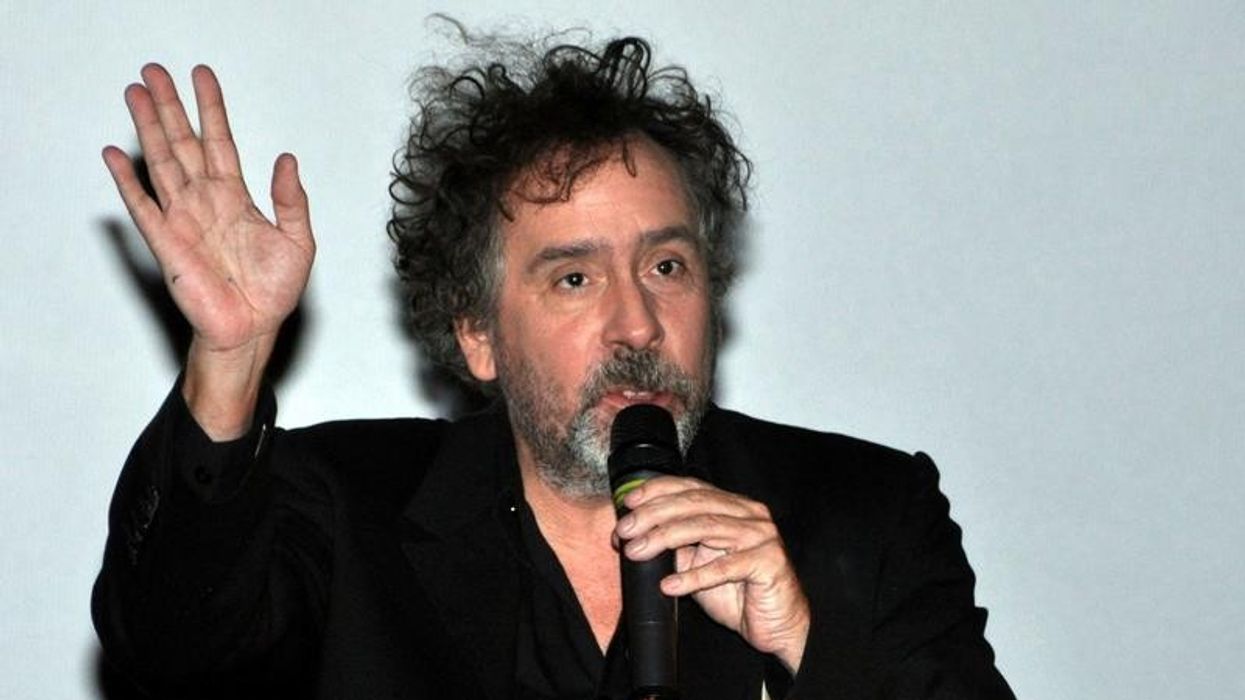A Real Church Scandal Becomes the Subject of the Slow Burning 'Only The Righteous'
Brenton Oechsle writes & directs a story based off his personal experience as a volunteer at a church during the outing of a sex scandal.

It's rare that we get to see stories born this organically from places we wouldn't normally expect — but that's the power of independent cinema today. Any event witnessed anywhere is prone to being the subject of a film. Strongly influenced by The Master and Doubt, Oechsle crafts a strong tone from his first major narrative effort as a director. We spoke about making an audience implicit in the events of a film, faith based media, and translating a real life event to the screen.
How much do you give the audience and how much do you leave behind?
No Film School: You're able to create a strong atmosphere with the composition. How did you decide on the rigorous formal structure for the film? Where was this story born?
Brenton Oechsle: I was attending a Baptist church with an ex of mine when I was in High School. Her family was heavily involved in the church, so I got to meet the pastor and I even created a shitty little welcome video for them. I got to know everyone pretty well. There was this guy that would always tape each service on a handy cam. He was a cool guy, soft-spoken, wife and three kids. One Sunday I was there and this guy looked like he had seen a ghost. After worship finished, the man stood up and in a very loud voice exclaimed “The news comes out today, the Pastor has been convicted of sexual harassment.” In that moment I thought it was something that the church does to illustrate a message, but then the moment passed. Everything evolved from there, it came to point where they had to drag the guy out of the service. It was the undoing of that church, and it put this seed in my mind of “Did this guy really do this thing or not?” And it didn’t matter if he did or not because it was planted in everyone’s mind that he did because of that one man.
So it made me think how important it is to be accountable for who you put your faith in. That can really lead you down a path you shouldn’t be going down. So I thought about this for a long time and then reverse engineering it to apply it to the story you see here. You don’t know who’s right and who’s wrong — I wanted to create a duality to where you see both sides and you get to decide on your own. There’s two people that see it two different ways — someone can see something one way and think it is the one right way, and someone can see it the exact opposite. All of this to illustrate that there’s an extreme lack of empathy to understand one another and try to see from their perspective.
NFS: I love the scene in the diner, I find it interesting how humans can justify or happily ignore some things if it’s not our problem or we don’t want to get involved.
Brenton: The whole thing that’s driving the film is this nagging feeling of wanting to do justice to what he feels hasn’t been justice. And where that leads him is the exact opposite of where it should lead him, which is cosmic irony to me.
NFS: I noticed you put a lot of space between people who are talking to each other. People are protecting their point of view.
Brenton: I think silence is an extremely important tool that a lot of people don’t use very often — I have a tendency of using it maybe more often that I should — but I wanted silence to be the tool for the audience to retreat within themselves and pull back from what they think is going on. And that’s invoked in the composition and the distance between the characters. You never really have a gage exactly to what these characters are thinking, and their actions are enshrouded. So each time you watch, hopefully you have more of a grasp, and hopefully you’ve transitioned into a spectator of cinema to a participator, which is what I think good cinema is.
In my mind the script is more of a road map than a blueprint.
NFS: It’s the same thing that happens in your film. Some people don’t want to get involved. That’s what’s happening in your film, the lead character is literally implicating people.
Brenton: How much do you give the audience and how much do you leave behind? Dialogue is an important tool in that respect. I think about: “What’s the simplest form that they can communicate with one another and still have a miscommunication?” Trying to display miscommunication in ways that will be properly communicated to an audience is walking a tight rope.
NFS: Dialogue and discourse is important for creating the thematic groundwork of a movie. What's more important for you, the words being specific or the tone of the dialogue being specific?
Brenton:The tone of the dialogue will always be more important to me than the words themselves. While the dialogue in this film was not improvised, it has a lot of improvisational elements influenced by the techniques of Leigh & Cassavetes. In my mind the script is more of a road map than a blueprint. As long as you get from A to B, it really doesn't matter what route you take as long as that route is serving the story in the best possible way.
NFS: What role does your own faith play in your filmmaking?















